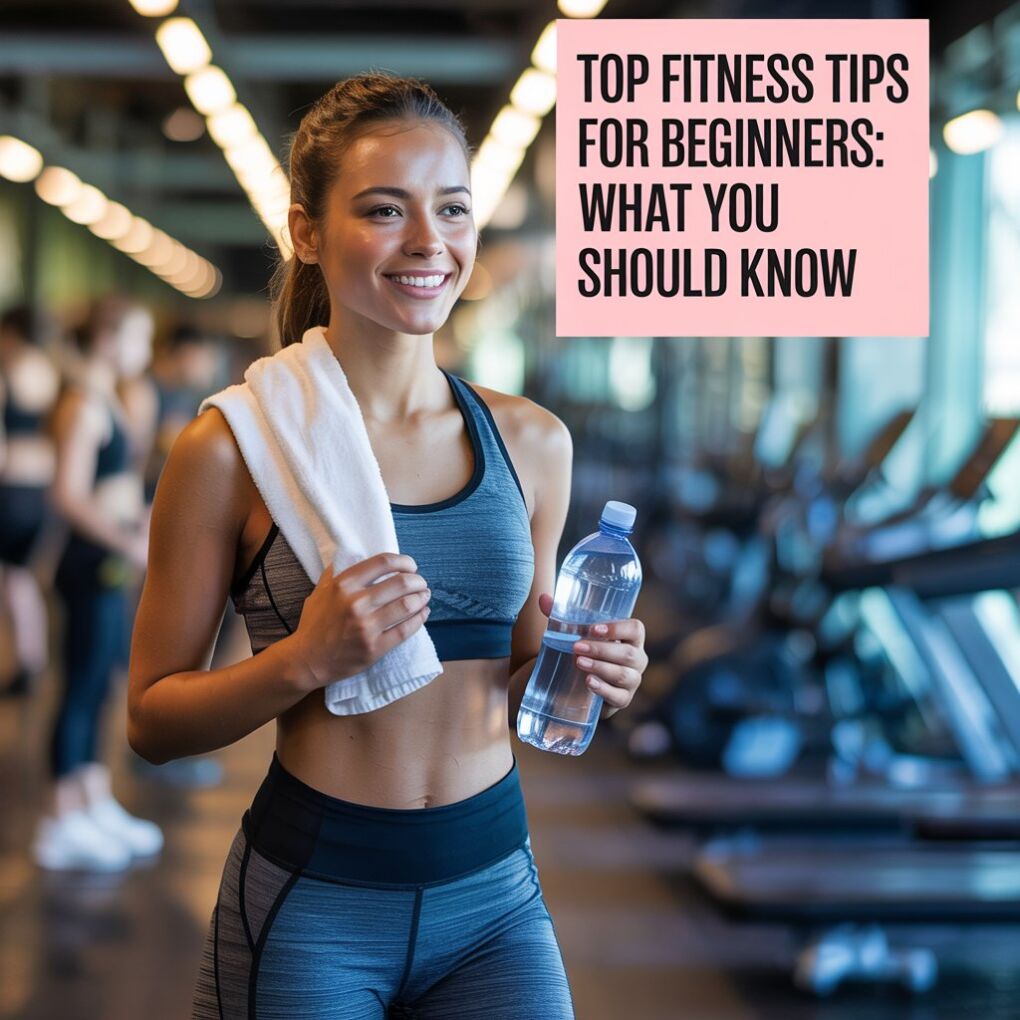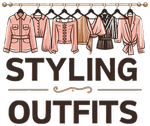Starting a fitness routine can feel overwhelming when you don’t know where to begin. There’s so much conflicting advice out there, and everyone seems to have strong opinions about the “right” way to exercise.
The truth is, the best approach for beginners is usually the simplest one. You don’t need to master everything at once or follow the most intense program you can find.

Don’t Walk Into the Gym Blind
Going to the gym without any plan is like grocery shopping when you’re hungry – you’ll probably make some questionable choices and leave feeling frustrated. You don’t need an elaborate routine, but having some idea of what you want to accomplish makes everything go smoother.
Before your first gym visit, spend a few minutes figuring out the basics. Where are the different areas? What equipment do they have? Are there peak hours when it gets really crowded? Many gyms offer free orientations for new members, which can save you from wandering around looking lost.
If you’re completely new to exercise or have specific goals in mind, working with a personal fitness trainer for even just a few sessions can help you learn proper form and create a routine that makes sense for your current fitness level.
You can also start with bodyweight exercises at home to build some basic strength and confidence before stepping into a gym environment.
Start Small, Think Big Later
The biggest mistake beginners make is trying to do too much too soon. You see people working out six days a week and think that’s what you need to do, but jumping from zero to six workouts per week is a recipe for burnout or injury.
Start with 2-3 workouts per week, maybe 20-30 minutes each. This gives your body time to adapt while building the habit of regular exercise. Once this feels manageable and you’re doing it consistently, then you can think about adding more.
The same goes for intensity. You don’t need to leave every workout feeling like you got hit by a truck. You should feel like you worked, but not completely destroyed. There’s plenty of time to increase intensity as you get stronger.
Learn the Basics Before Getting Fancy
Social media makes it seem like you need to be doing complex exercises and following advanced techniques from day one. But the basic movements are basic for a reason – they work, and they form the foundation for everything else.
Focus on these fundamental movement patterns:
- Squatting – bodyweight squats, then add weight
- Pushing – push-ups, then bench press or shoulder press
- Pulling – assisted pull-ups or rows
- Hinge movements – deadlifts or hip hinges
- Core stability – planks and basic ab exercises
Master these basics with good form before moving on to more complex variations. Poor form on simple exercises is way more dangerous than good form on advanced ones.
Your Body Talks – Listen to It
Learning to distinguish between normal exercise discomfort and actual pain is crucial for beginners. Some muscle soreness and fatigue is normal, especially when you’re starting out. Sharp pain, joint pain, or anything that doesn’t feel right isn’t normal and shouldn’t be ignored.
Your energy levels, sleep quality, and mood are also important signals. If you’re constantly exhausted, sleeping poorly, or feeling irritable, you might be pushing too hard too fast.
Rest days aren’t lazy days – they’re when your body actually adapts to the stress you’ve placed on it during workouts. Active recovery like light walking or gentle stretching can be better than complete rest, but sometimes you just need to do nothing physical and that’s okay too.
Consistency Beats Perfection Every Time
Perfect workouts don’t exist, and waiting for the perfect time to start means you’ll never start. Some days you’ll have amazing workouts, other days you’ll struggle through 15 minutes and call it good. Both count.
The goal is showing up regularly, not having perfect sessions every time. Three mediocre workouts per week for a year will get you way better results than sporadic perfect workouts.
This applies to everything – perfect form (good enough is good enough when you’re learning), perfect timing (whenever you can fit it in works), perfect equipment (use what you have access to).
Fuel and Recovery Matter More Than You Think
Exercise is only part of the equation. What you eat, how much you sleep, and how you manage stress all play huge roles in how you feel and how well you recover from workouts.
You don’t need a perfect diet, but eating enough protein and staying hydrated will help you recover better and see results faster. Most beginners don’t eat nearly enough protein to support their new exercise routine.
Sleep is when your body actually adapts to exercise. If you’re only getting 5-6 hours of sleep per night, you’re making everything harder on yourself. Aim for 7-8 hours when possible.
Managing stress through exercise is great, but if you’re constantly stressed from other areas of life, it can interfere with recovery and progress. Exercise should add to your life, not become another source of stress.
